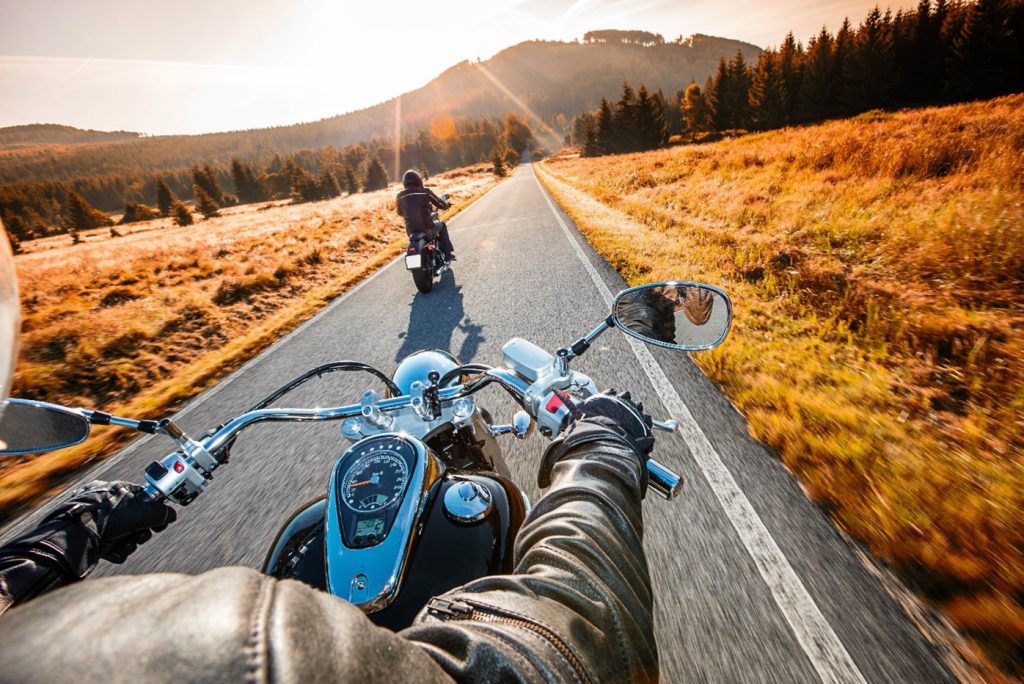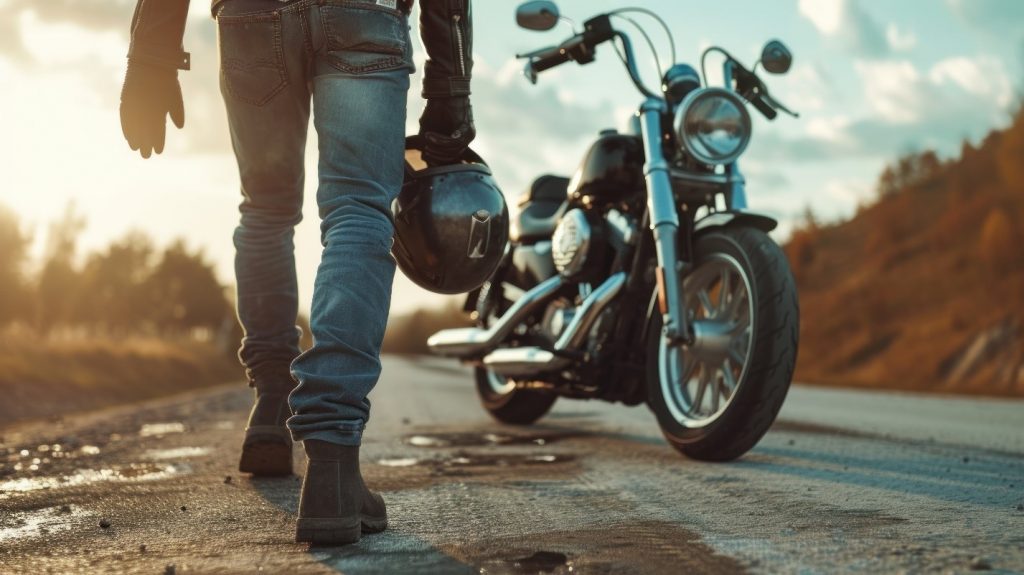Harley-Davidson motorcycles symbolize freedom, adventure, and a rebellious spirit. However, the exhilarating experience of riding a Harley comes with significant responsibilities—primarily, the need to prioritize safety. Whether you're a new rider or a seasoned enthusiast, understanding and implementing core safety measures can drastically reduce risks and enhance your riding experience. Thomas Umland of Florida, an avid rider himself, explores essential safety tips and best practices for Harley riders of all levels.
Understanding Your Harley: Familiarization and Training
Before hitting the open road, familiarize yourself with the specific model of Harley-Davidson you will be riding. Each model has unique characteristics in terms of handling, braking, and performance. New riders should consider taking a motorcycle safety course. Harley-Davidson’s Riding Academy, for example, offers beginner and skilled rider courses where you can learn the basics of motorcycle operation in a safe, controlled environment.
Thomas Umland explains that training courses are invaluable as they provide hands-on experience and insights into effective braking, turning, and maneuvering techniques. These skills are crucial, particularly in emergency situations. For experienced riders, advanced courses can sharpen skills and introduce new riding strategies, such as defensive driving techniques.
Gear Up: The Importance of Proper Riding Attire
Safety gear is your first line of defense against injuries. A DOT-approved helmet is the most critical piece of safety gear. Helmets significantly reduce the severity of head injuries in the event of an accident and are a legal requirement in many areas. Thomas Umland explains that when choosing a helmet, ensure it fits snugly and provides adequate visibility and comfort. In addition to helmets, invest in high-quality riding gear. Leather jackets, gloves, and pants don’t just add to the iconic Harley look—they provide protection against abrasions. Look for clothing that is specifically designed for motorcyclists, including features like reinforced padding and weather resistance. Footwear should be sturdy, with non-slip soles to maintain control over the bike’s foot pegs.
Stay Visible: Techniques to Enhance Visibility on the Road
Motorcycle riders are often at a disadvantage on the road due to their smaller visual profile. Thomas Umland recommends in order to improve visibility:
- Use reflective tape on both your bike and your clothing.
- Keep your headlights on at all times, even during daylight.
- Choose riding gear in bright colors.
- Use hand signals in addition to your bike’s turn signals to draw more attention to your actions.
Thomas Umland of Port Saint Lucie explains that staying visible is particularly important in poor weather conditions or at night. Consider additional lighting options for your bike, such as LED lights, to make yourself even more visible to other drivers.
Defensive Riding: Anticipating and Avoiding Risks
Defensive riding is essential for all motorcyclists, especially in heavy traffic or unpredictable road conditions. Always assume that other drivers may not see you. Keep a safe distance from other vehicles and anticipate potential hazards. Check your mirrors frequently and scan the road ahead for obstacles or erratic behaviors from other drivers.
When riding in a group, maintain a formation that allows for ample space between motorcycles. In curves, staggered positions are safer and provide each rider sufficient space to maneuver. Always communicate your intentions with your fellow riders.
 Handling and Control: Mastering Your Machine
Handling and Control: Mastering Your Machine
Handling a Harley requires practice, particularly for new riders accustomed to lighter or smaller bikes. Spend time practicing in low-traffic areas to get a feel for your bike’s responses. Practice quick stops and swerves, understanding the weight distribution and balance of your Harley.
Adjust your riding style according to weather conditions. Rain, for instance, can dramatically reduce your tire’s grip on the road, and strong winds can change the way your bike handles. Slow down in adverse weather conditions and increase your following distance.
Maintenance: Ensuring Your Harley is Road-Ready
Regular maintenance is crucial for safe riding. Before each ride, perform a quick inspection of your motorcycle. Check the tire pressure and tread depth, brakes, lights, and fluid levels. Follow a regular maintenance schedule according to your owner’s manual to keep your Harley in top condition. Routine checks not only enhance safety but also improve the performance of your bike, ensuring a smoother, more enjoyable ride.
 Safety as a Continuous Priority
Safety as a Continuous Priority
Riding a Harley-Davidson offers an unmatched sense of freedom and excitement, but it also demands a high level of responsibility. Thomas Umland of Florida explains that by adhering to these safety tips and continually seeking to improve your riding skills, you can enjoy the open road with confidence. Remember, safety starts with the rider. Gear up, stay visible, ride defensively, and keep your Harley well-maintained. Safe riding ensures that every journey is as thrilling as it is secure.
 Handling and Control: Mastering Your Machine
Handling and Control: Mastering Your Machine Safety as a Continuous Priority
Safety as a Continuous Priority